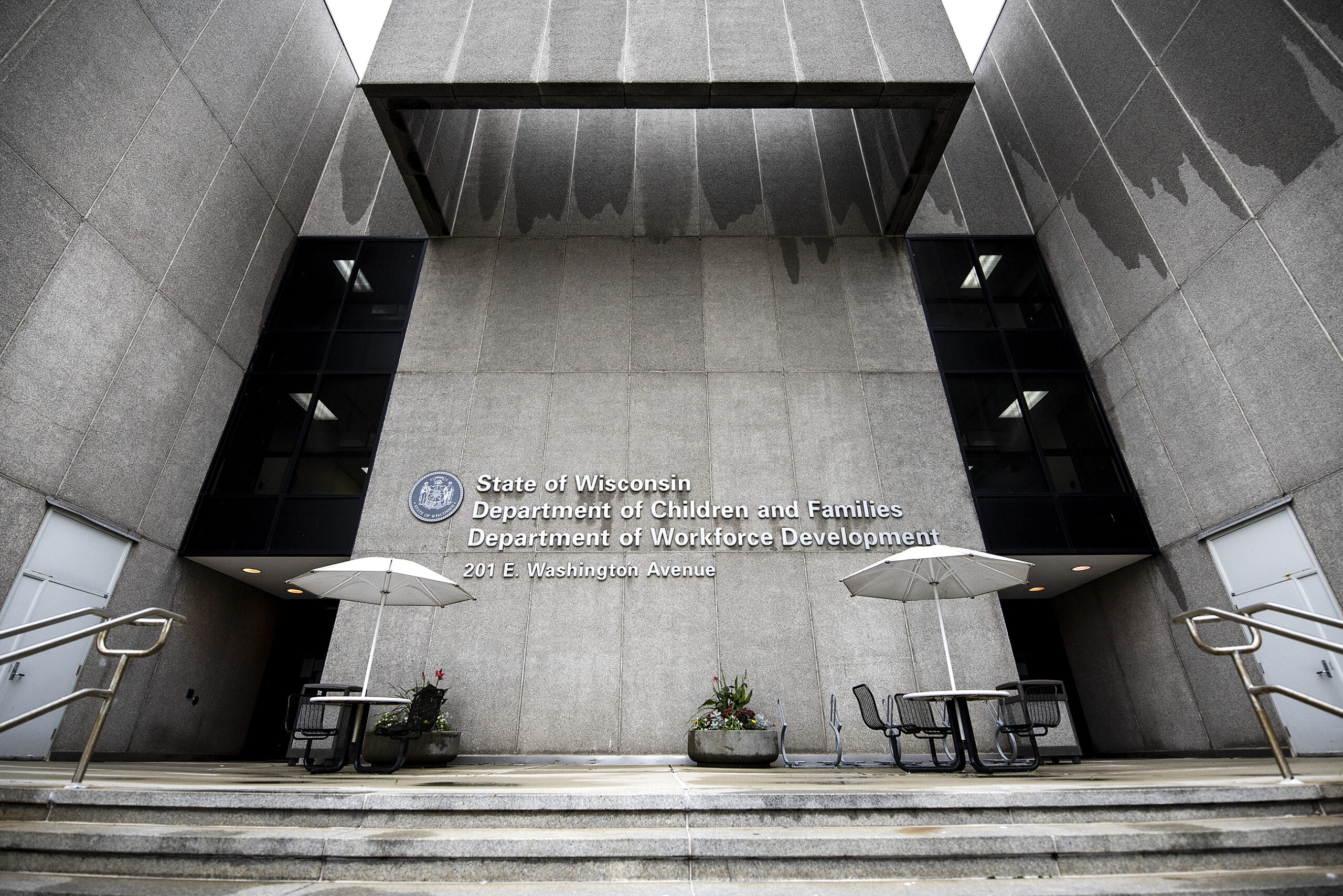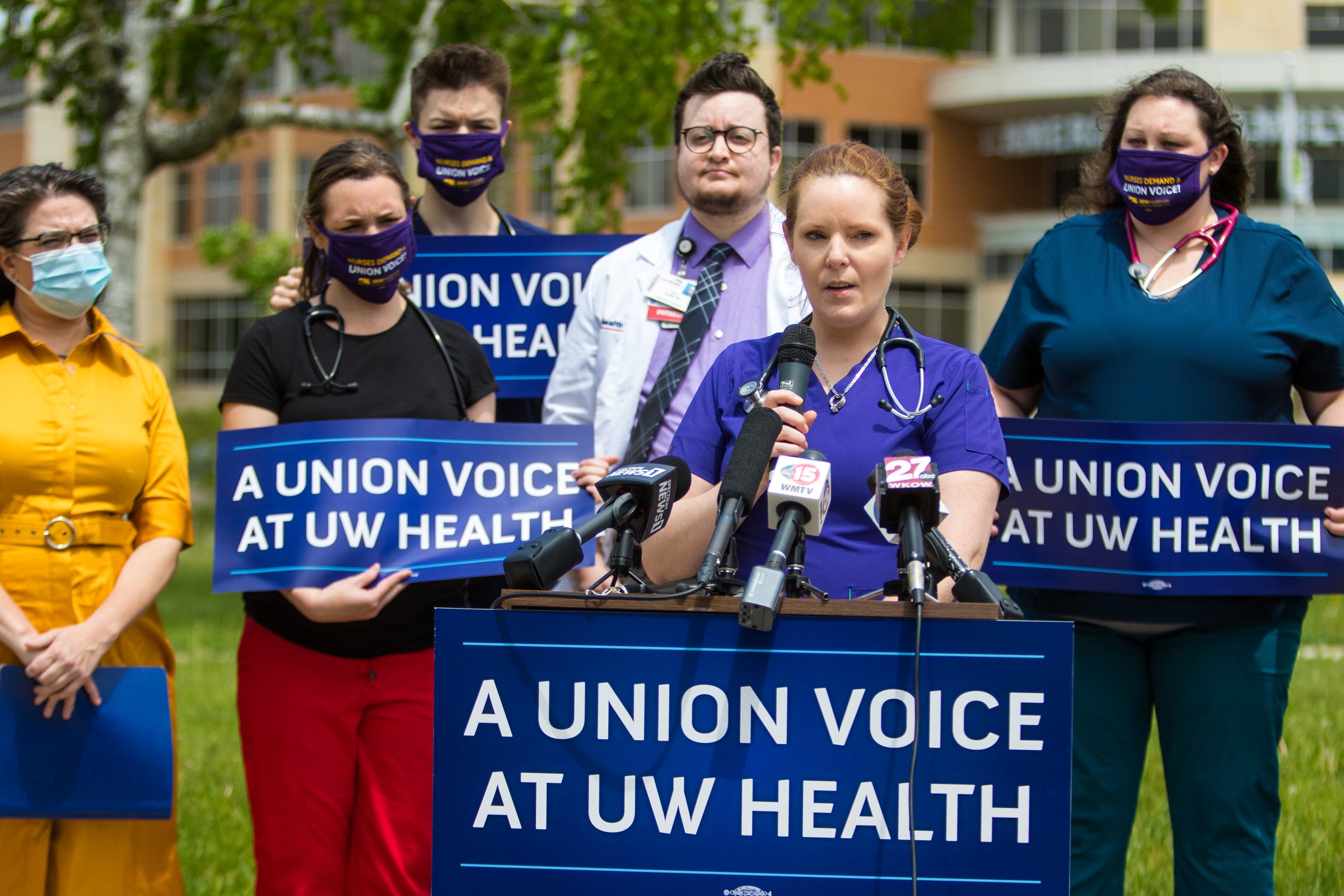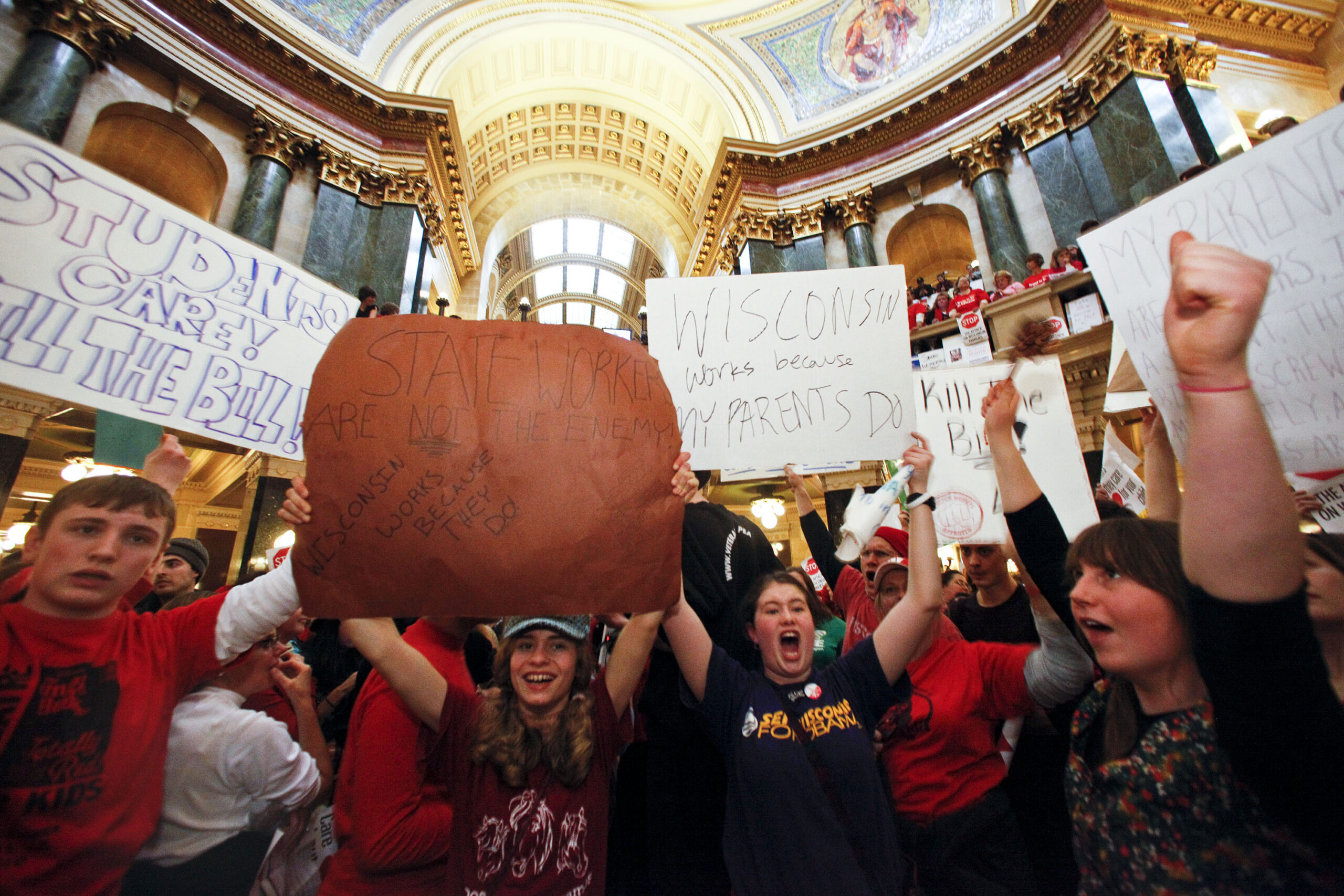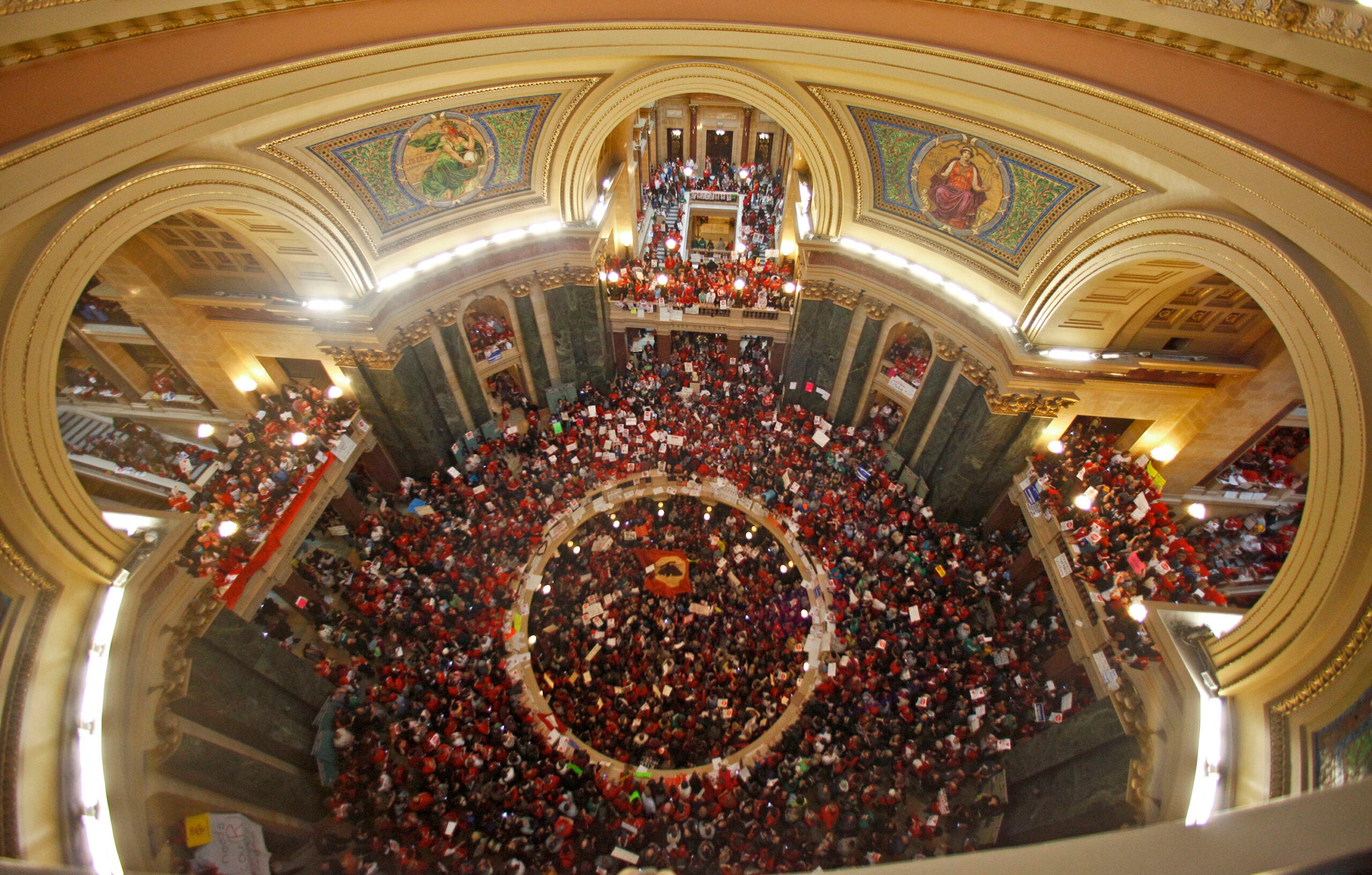People looking to conceive in the wake of Zika virus are in a tough spot, as CDC regulations do not allow testing for this group. We talk to a physician to find out more. Also, Wisconsin could face a looming pension crisis, and we talk to a labor expert about the news that a federal judge upheld Wisconsin’s right to work law on Monday.
Featured in this Show
-
Getting Pregnant In A Post-Zika World
The World Health Organization has declared a national health emergency in the wake of a Zika epidemic. Spread by mosquitos, zika causes fever and birth defects. But some people planning to get pregnant are finding it difficult to get tested– even if they have potentially been exposed. Some women say they are waiting to get pregnant until they know there’s no risk they have the disease. We talk to a physician about what barriers to getting tested and alternatives potential parents might pursue.
-
Wisconsin On The Hook For Billions In Unfunded Pension Liabilities
A new investigation done by the Milwaukee Journal Sentinel shows that Wisconsin is facing a six billion dollar shortfall when it comes to unfunded pension liabilities. We’ll speak with Jason Stein about the report.
-
Federal Judge Upholds Wisconsin's Right To Work Law
On Monday a federal judge upheld Wisconsin’s right to work law, known as Act 1. Two unions challenged the law in court, arguing Act 1 was an unconstitutional taking of their property. The plaintiffs said the law makes them give equal representation to non-union members, effectively “taking” their resources. We talk to a labor expert about this decision and what’s next for Act 1 in the state. We also talk about how right to work legislation would change things for Wisconsin workers.
-
In Another Blow To Unions, Federal Judge Upholds Wisconsin's Right-To-Work Law
In another blow to unions, Wisconsin’s right-to-work law, formally known as Act 1, was upheld Monday by a federal judge who threw out a lawsuit challenging its constitutionality.
Right-to-work laws give employees the opportunity to work without being required or compelled to join a union, even if they benefit from better workplace conditions negotiated by their union affiliated coworkers.
The law also prohibits businesses and unions from reaching agreements requiring all workers, not only union members, to pay union dues. Unions have argued the law allows nonunion members to receive free representation, according to the Associated Press.
The law has been popular among Republican-controlled statehouses, claiming loosening labor laws helps attract business to the state.
The latest case involved a lawsuit filed by two unions that argued Act 1 requires them to give equal representation to non-union members, effectively “taking” away their resources.
“They’re trying to say that basically they took away their property, that they are trying to represent employees, and they have to represent employees who don’t pay union dues,” said Marick Masters, director of the Labor@Wayne institute at Wayne State University in Detroit.
“Therefore, it’s not fair for them to free-ride,” he continued. “That’s the basic challenge. And over the years, the whole purpose of right-to-work laws is to allow people to free-ride, that you can’t compel union membership or you can’t compel dues.”
The lawsuit claimed Wisconsin’s right-to-work law conflicted with the National Labor Relations Act. But Masters said “it’s hard to fathom what the argument is” because NLRA clearly allows for right-to-work laws since the passing of the Taft-Hartley Act in 1947.
“The National Labor Relations Act section 14-b allows for states to enact right-to-work laws, and therefore states have taken advantage of it … It’s been upheld over the years, and I think they’re trying to maybe invent some sort of novel theory that can overrule it, but i don’t think that’s likely to carry the weight at the end of the day,” Masters said.
Two chapters of the International Union of Operating Engineers filed a lawsuit in May alleging the law amounts to an unconstitutional taking. In Monday’s ruling, the federal judge said he was following the precedent set in a similar case in Indiana back in 2004.
A Dane County judge struck down the Wisconsin law in April, but a state appeals court has reinstated it while it considers state attorneys’ appeal, the Associated Press reported.
“The precedent is that they’ve upheld the constitutionality of the right-to-work law, and they don’t see a sound basis for overturning it,” Masters said.
In February, West Virginia became the 26th state to pass a right-to-work law. Courthouses will likely continue to see unions file lawsuits against the law, hoping to overturn the rulings inside their state borders. Masters said he expects judges to keep upholding the laws by throwing the cases out. He added the unions would probably be more effective by taking their cause to the legislative branch.
“I think the probability of that being judiciously overturned is very small,” he said. “I think that you will find that right to work has been upheld over the years. I doubt that these attempts to challenge it will be upheld. I don’t think that it’s inconsistent with the national labor relations act. That may be unfortunate, but that’s the reality.”
Episode Credits
- Rob Ferrett Host
- Veronica Rueckert Host
- Dr. Kathleen M. Antony Guest
- Jason Stein Guest
- Marick F. Masters Guest
- J. Carlisle Larsen Producer
- Amanda Magnus Producer
Wisconsin Public Radio, © Copyright 2026, Board of Regents of the University of Wisconsin System and Wisconsin Educational Communications Board.




